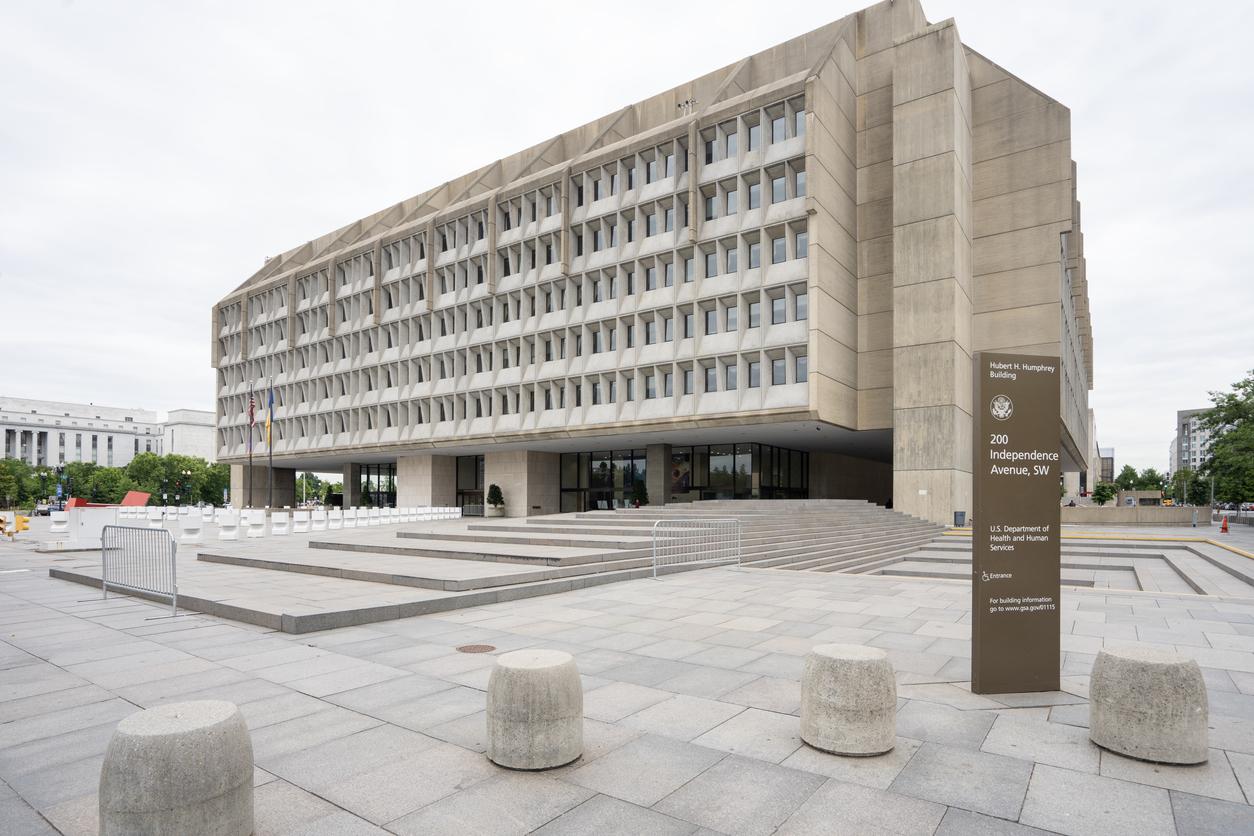Federal health officials say critical activities related to public health emergencies will continue despite the federal government shutdown, but other areas of the federal health bureaucracy will be significantly affected by furloughs unless lawmakers can resolve the impasse.
In a post this morning on the social media site X, the Food and Drug Administration (FDA) said activities related to "imminent threats to the safety of human life or protection of property" will continue, including detecting and responding to public health emergencies, managing recalls, mitigating drug shortages, responding to foodborne illness and infectious disease outbreaks, and conducting surveillance of adverse events that could cause human harm.
The FDA said its ability to protect and promote public health and safety will still be significantly impacted, however, with many activities delayed or paused for the length of the shutdown. A document posted on the FDA website says the agency will not be accepting new or generic drug applications, conducting some its regulatory science research, or working on longer-term food safety initiatives, among other activities.
The government shutdown began early Wednesday morning amid a dispute over a temporary spending package that would have kept the government funded until the end of November. Congressional Democrats say they will not agree to the spending package until Republicans, who hold the majority in both chambers but don't have enough votes to pass the package on their own, agree to extend federal health insurance subsidies under the Affordable Care Act. Hundreds of thousands of government employees will be furloughed.
This is the first government shutdown since 2018. That shutdown, which stretched into early 2019, lasted for 35 days.
Surveillance, communication will be affected
Overall, 32,460 employees at the Department of Health and Human Services (HHS) are set to be furloughed during the shutdown, according to an HHS fiscal year 2026 contingency plan, representing 41% of the agency's workforce. The Centers for Disease Control and Prevention (CDC), National Institutes of Health (NIH), and Centers for Medicare and Medicaid Services (CMS) are among the HHS divisions that will be affected.
"HHS will cease all non-exempt and non-excepted activities in the event of a lapse in appropriation," the document states. "This includes, but is not limited to, oversight of extramural research contracts and grants, being able to process FOIA requests or public inquiries, data collection, validation, and analysis. More specifically, CDC communication to the American public about health-related information will be hampered, CMS will be unable to provide oversight to major contractors, and NIH will not have the ability to admit new patients to the Clinical Center, except for whom it is medically necessary."
According to the Infectious Diseases Society of America, some of the non-exempt activities at CDC include analysis of surveillance data for reportable diseases, applied public health research, and guidance to state and local health departments on certain programs. But non-furloughed staff will continue to respond to public health emergencies and support certain programs, including the Vaccines for Children program and the President's Emergency Plan for AIDS relief. Grantmaking, basic research, and some veterinary research at NIH will be put on pause.
There is also a threat the Trump administration might use the shutdown as an excuse to permanently fire certain government employees. Politico reports that the Office of Management and Budget has instructed agencies to prepare reduction-in-force plans that would go beyond standard furloughs for programs with no alternative sources of funding.
"We are going to have to lay some people off if the shutdown continues," Vice President JD Vance said today at a White House press briefing.
In a letter last week to Congress, IDSA President Tina Tan, MD, and HIV Medicine Association Chair-elect Anna Person, MD, said a government shutdown and additional cuts to the federal health workforce would endanger the public's health.
"We implore you to take action to avert cuts to lifesaving infectious diseases (ID) and HIV services and prevent further reductions in the federal health workforce," they wrote.
















